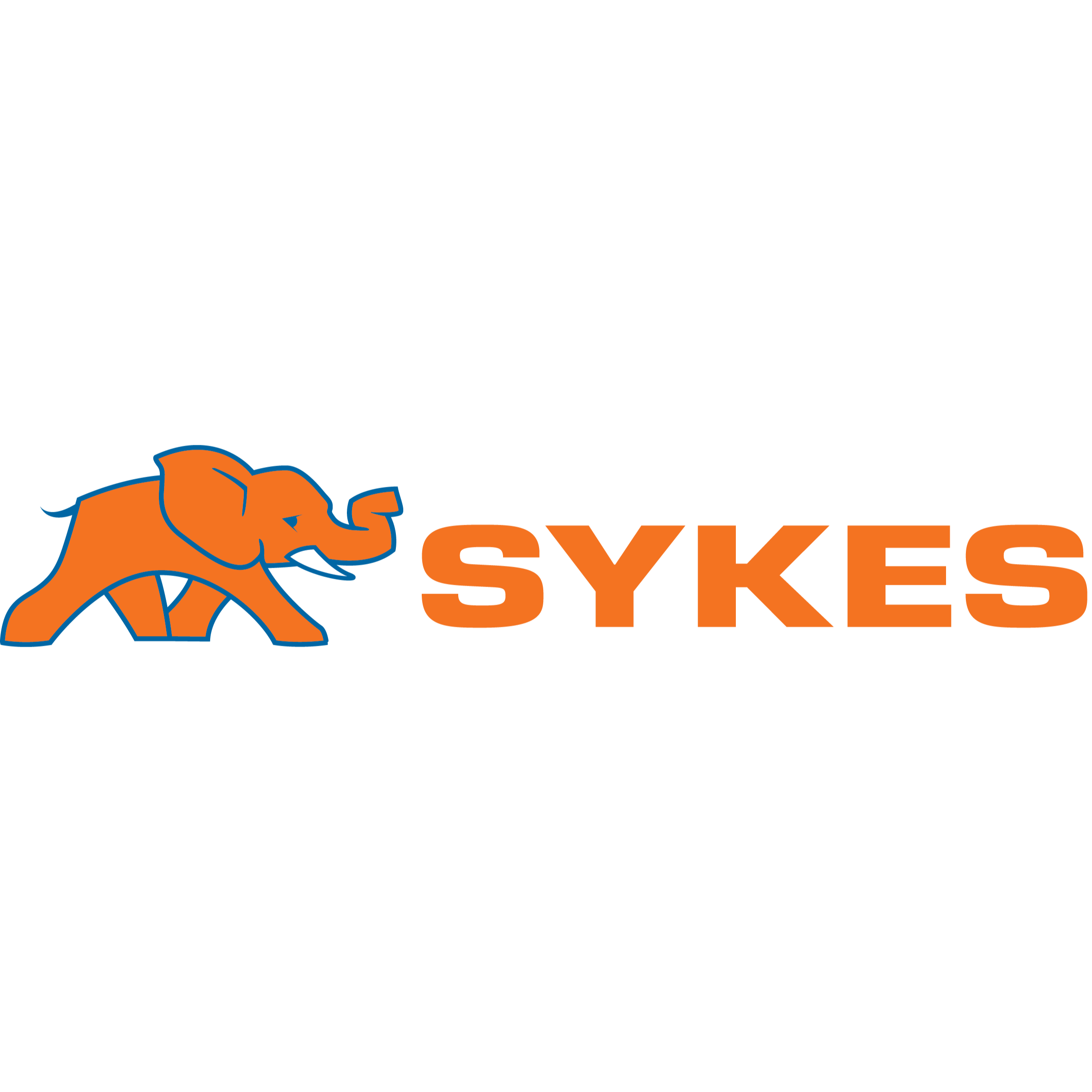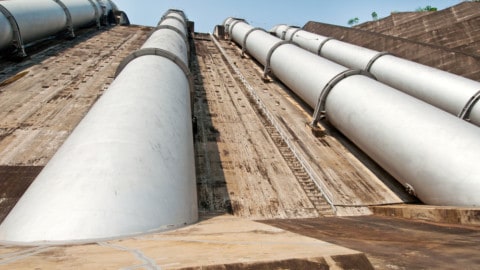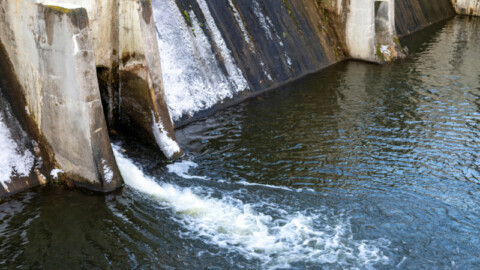The pump industry relies on expertise from a large and varied range of specialists, from experts in particular pump types to those with an intimate understanding of pump reliability; and from researchers who delve into the particulars of pump curves to experts in pump efficiency. To draw upon the wealth of expert knowledge the Australian pump industry has to offer, Pump Industry has established a panel of experts to answer all your pumping questions.
This edition of Ask an Expert will look at the biggest challenges facing the wastewater industry and how pump manufacturers can help, and how progressive cavity pumps can aid in resource saving.
Q: What are the biggest challenges for the wastewater industry in the future?
A: The mega trend neo-ecology with its social orientation towards resource and energy efficient sustainable management requires rethinking and action. The classic sewage treatment plant is also facing major changes/ upheavals. At the same time, cost-effectiveness, reliability and high operational safety must always be guaranteed.
Q: What can pump manufacturers contribute to meet these demands?
A: Wastewater treatment is a central component in restoring natural water quality and places the highest demands on the pumps used in the process. To satisfy these requirements it is important to choose the right pump technology. Progressive cavity pumps can make a significant contribution here.
They can be used in almost all processes of sludge treatment and disposal. They are long-living, reliable, versatile, low maintenance and energy efficient. In addition their good discharge pressure capabilities enable long distance pumping and their non-pulsating flow characteristics make them a popular choice for many wastewater applications. Compared to lobe pumps they have lower operating and maintenance costs.

Typical ‘standard industrial’ progressive cavity pump: low pulsation, uniform flow, conveys low to highly viscous media, ensures high reliability and efficient performance. Smart and easy designs are available.
Q: Can you give us an example?
A: For instance, when mixing sludge or dewatering sludge. Open hopper pumps can easily pump dewatered sludge with a ds content up to 45 per cent. Pumps from the standard industrial range dose the required amount of liquid into the hopper of the open hopper pumps. To reduce friction losses the liquid is mixed with dewatered sludge.
Control systems monitor the discharge and adjust the amount of liquid added accordingly. Lubricant injection reduces energy consumption and control systems ensure resource-saving dosing. In addition, control systems also adapt the discharge of the dewatering device to the pump speed, thus reducing the energy consumption of the pump.
Progressive cavity pumps thus meet the high-quality requirements in the environmental sector and always deliver reliably and at low operating costs. They reduce energy consumption and save resources, in keeping with neo-ecology. You can easily and quickly bring sustainable action in the field of environmental technology into flow.

Typical ‘open hopper’ progressive cavity pump: optimum non-flowable product handling and adjustable for each processing task. Smart and easy maintenance designs are available.
Progressive cavity pumps: your advantages at a glance
PC pump manufacturers focus on offering solutions that not only operate cost-saving, but also ultimately resource-saving.
- Energy efficient pumps: lower energy requirements
- Minimal pulsation, stable, variable flow rates
- Accurate metering of flocculants
- Ease of maintenance: pumps designed with quicker and easier access to the drive side and rotor side components without needing to dismantle the pipework
- Extended pump life: high-quality parts, predictive maintenance and pump monitoring options, reduced wear on components
- Flexibility: installation and pump design customised to your application
About the Author

Peter Vila, Managing Director of SEEPEX Australia, is a progressive cavity pump expert. He has been involved with pumps for over 40 years. Peter spent the first five years repairing pumps and the following 35 years in technical sales, 20 of which have been with SEEPEX progressive cavity pumps.
For more information on progressive cavity pumps, please contact SEEPEX Australia on (02) 4355 4500 or at [email protected].





















